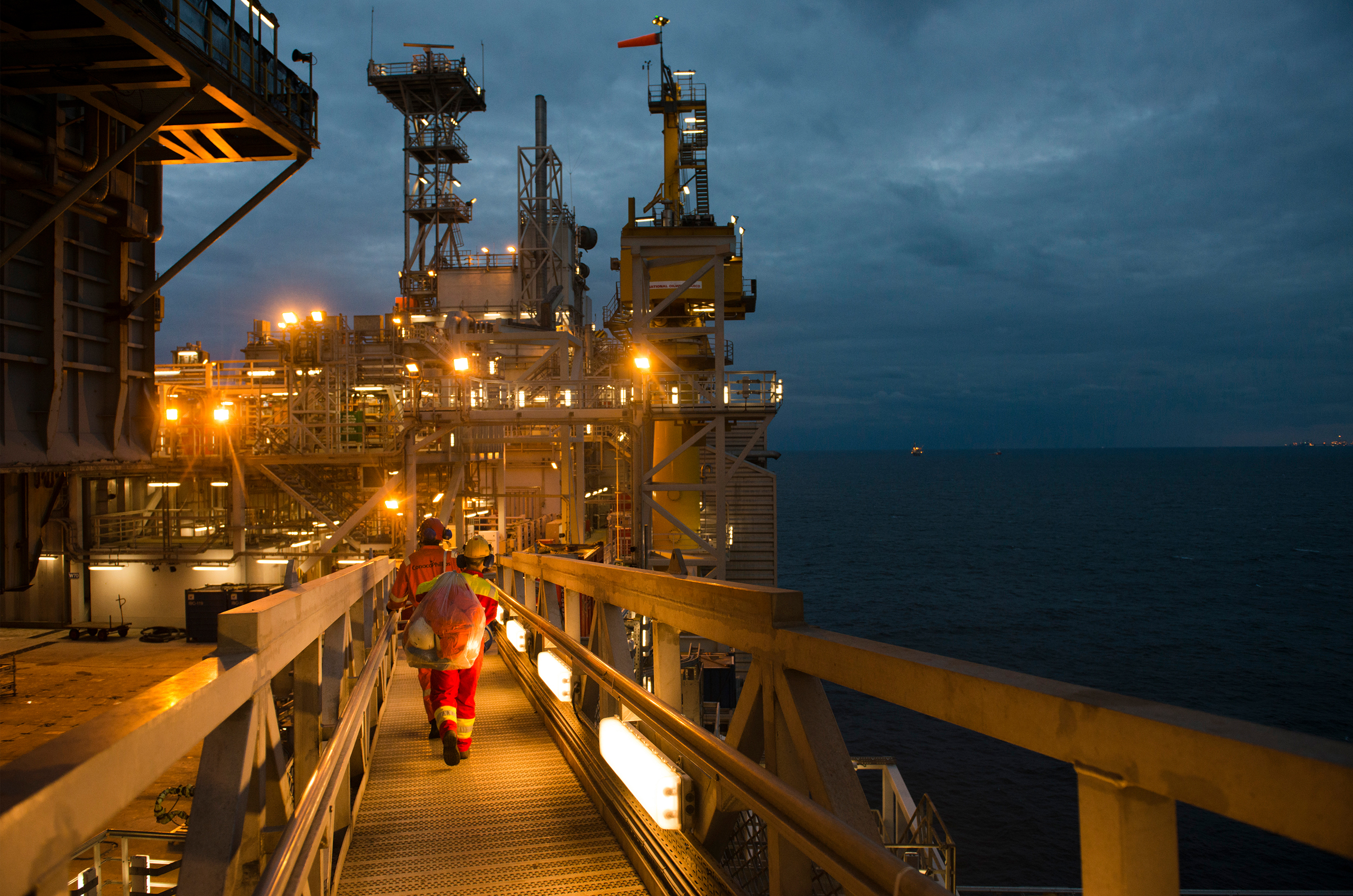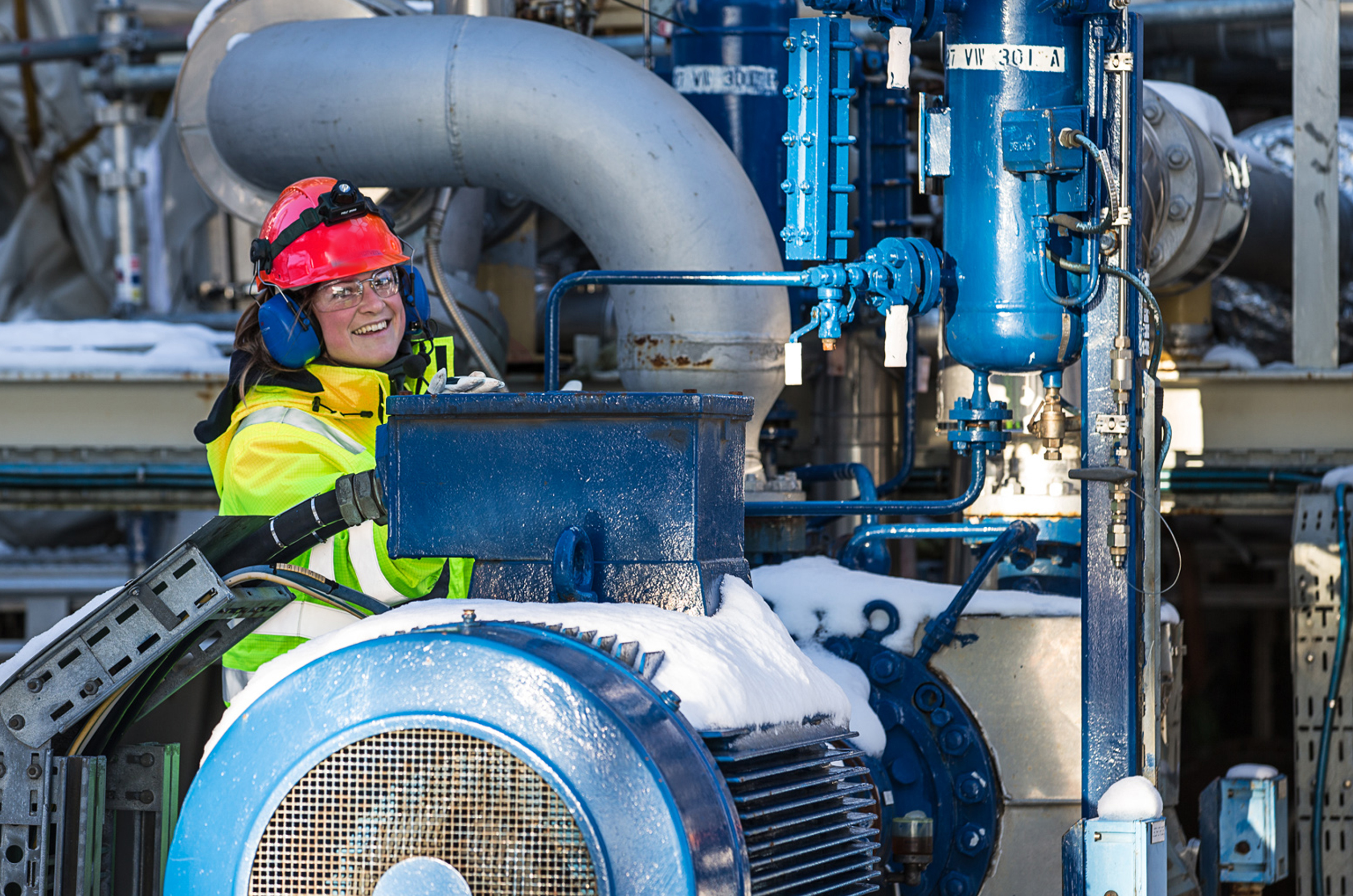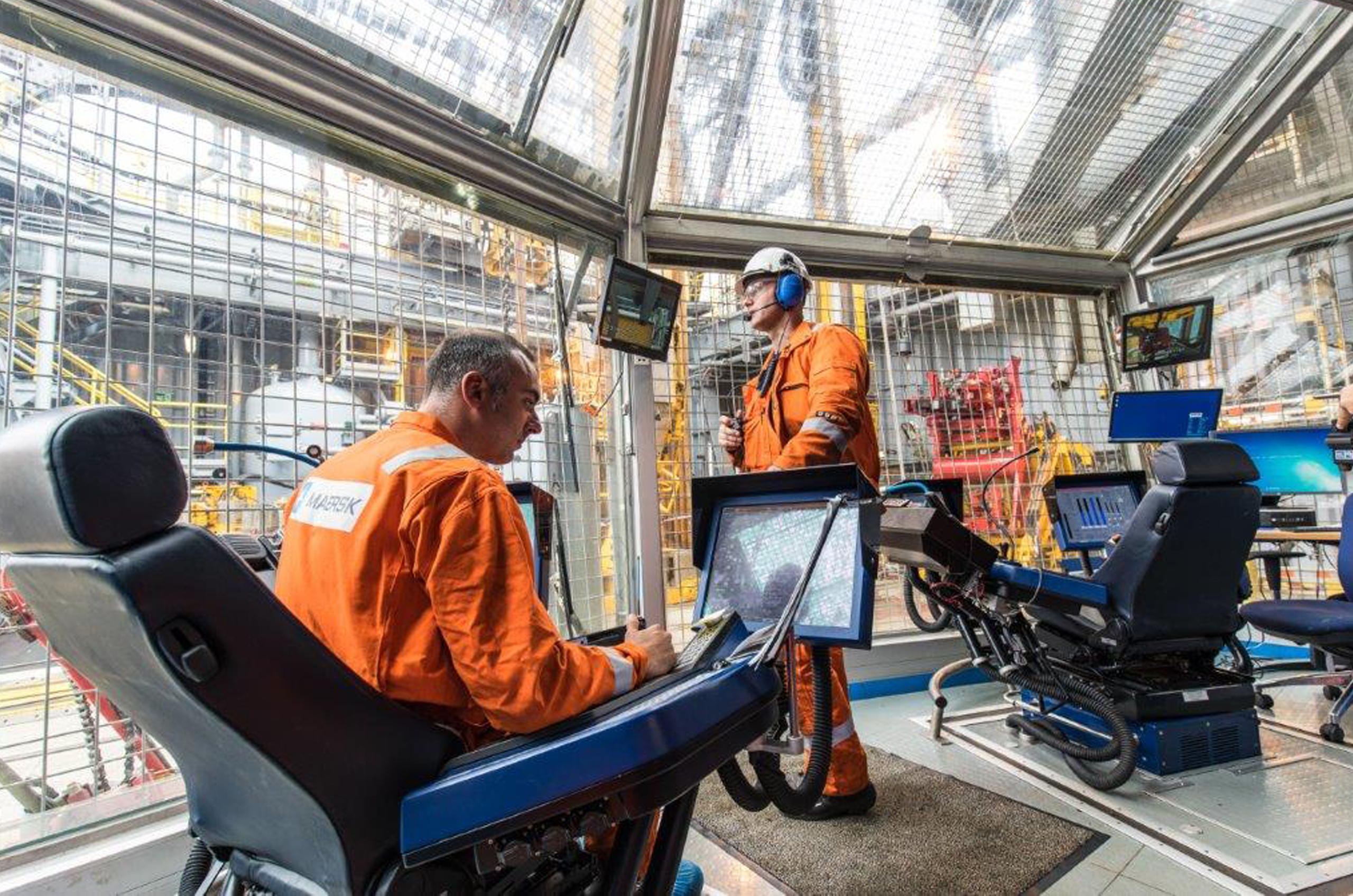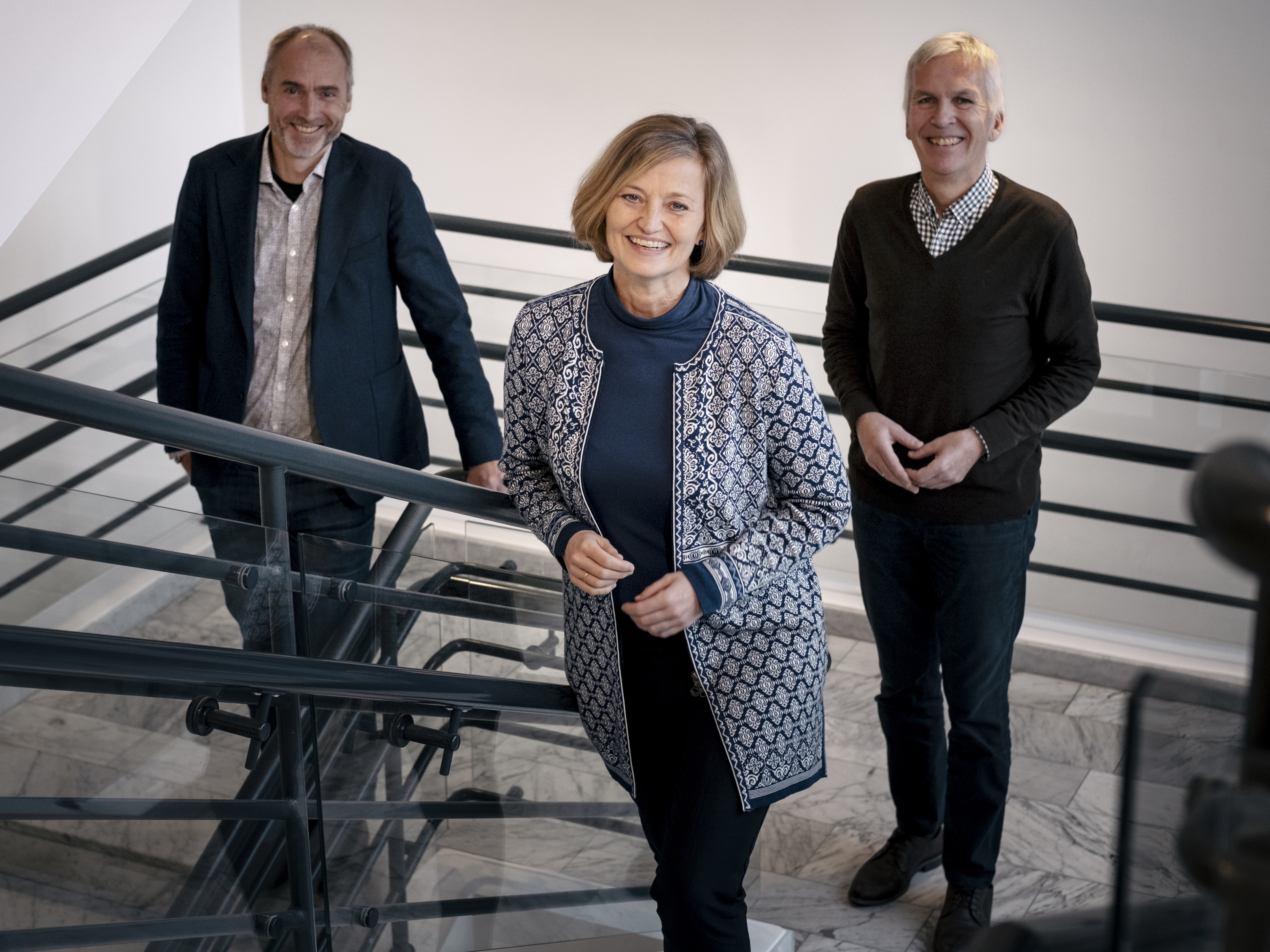Supplying safer outcomes
The PSA’s main issue for 2021 emphasises the great significance of the supplier companies for safety in Norway’s petroleum industry.
 Photo: Marie Von Krogh
Photo: Marie Von Krogh
 Photo: Anne Lise Norheim
Photo: Anne Lise Norheim
 Photo: Morten Berentsen
Photo: Morten Berentsen
Choosing to be side by side with the suppliers concentrates attention on their role and on the industry’s collective responsibility for keeping them strong and viable.
Norway’s second largest industry
The Norwegian offshore supplier sector comprises more than 1100 companies delivering equipment and services to the petroleum industry.
According to a recent Rystad Energy report, this sector had a turnover of NOK 397 billion in 2019 and ranked as Norway’s second largest industry after production and sale of oil and gas itself.
Also termed contractors/subcontractors, supplier companies large and small deliver a wide range of goods and services to all phases of the industry.
“Suppliers are very significant, and play a key role in maintaining and improving the level of safety in the industry,” says PSA director general Anne Myhrvold.
“These companies have very many employees, important expertise and much of the technology and resources needed to reduce major accident risk and ensure a good working environment.”
Pressures
“At the same time, we see cost pressures being exerted by low oil prices and reduced revenues,” Myhrvold adds. “Operating parameters have also been weakened.
“In addition come stresses on collaboration between companies, unions and government, as well as the consequences of the coronavirus and the industry’s response to these.”
She says the PSA is concerned that safety efforts will suffer, in part because the problems are being transferred out along the value chain.
“Our main issue casts light on some problems which the industry must be aware of and act on. We want to create discussion and attention. Solutions must be found jointly by operators and suppliers.”
Questions
Side by side with the suppliers poses certain key questions.
- How can the important role played for safety in the industry by supplier expertise, technology and management systems be protected?
- And what can be done to ensure that the oil companies help to preserve strong and viable suppliers – while also fulfilling their see-to-it duty and overall responsibility for safety?
Assigning accountability
The division of responsibility in the Norwegian petroleum industry is clear – whoever owns the risk also owns the duty to deal with it. And that means the companies.
THE SUPPLIER is responsible for the safety of its own operations, and must have a management system which takes care of HSE and the working environment in these activities.
THE OPERATOR has a special accountability to ensure that operations are conducted overall in a prudent manner and in accordance with the regulatory provisions. This overarching “see-to-it” duty requires the company to ensure that everyone doing work on its behalf complies with the HSE regulations, and is additional to the general accountability for compliance which applies to all players.
THE LICENSEE is also subject to the see-to-it duty, and must ensure that the operator is able to conduct its operations in accordance with the regulatory requirements. If it identifies conditions which do not accord with the regulations, every licensee is required to intervene.
Responsibility
Finn Carlsen, the PSA’s director of professional competence, points to the overall responsibility of the operators – also known in Norway as their see-to-it duty.
This gives them a special obligation to ensure that everyone doing work on their behalf complies with the requirements in the regulations and acts prudently.
“That gives the operators a big responsibility in terms of running NCS facilities or land-based plants in a prudent manner,” Carlsen says.
“To achieve that, however, they’re entirely dependent on having strong and viable suppliers who can maintain the necessary expertise, capacity and management.”
He emphasises that suppliers also have duties and requirements of their own – including working long-term and intelligently to develop new methods and to recruit and retain able specialists.
“The industry depends utterly on all sectors and levels being in possession of the necessary expertise and capacity required to operate safely.”

Parameters
Giving suppliers acceptable operating parameters is crucial, Carlsen says. “The operators set these, and must frame them to help maintain and improve the level of safety.
“We expect contracts to specify prudent parameters which allow suppliers to do their job in a way which is safe and acceptable in terms of the working environment.”
“Safety work isn’t a competition between the companies, but a team effort,” says Myhrvold.
Audits
The PSA has followed up suppliers for many years through audits of individual players, sector assignments with groups of companies, and knowledge development and transfer.
A strengthening of this follow-up during 2021 is promised by supervision head Arne Askedal, who emphasises that the suppliers are important for safety on the NCS.
“They carry out a large part of the work, and the better qualified they are to do their job, the more securely it’ll be done.
“We’ve seen examples of suppliers who’ve been challenged so hard on the financial parameters that they’ve cut their headcount. They thereby cross-train their employees much more than before, and the workload increases.
“If the suppliers don’t have the right expertise, the right attitudes, safety can suffer.”
Team
“Safety work isn’t a competition between the companies, but a team effort,” says Myhrvold. “Joint action is the only way we can arrive at good solutions for maintaining and improving safety.
“The biggest challenges are owned jointly by operators and suppliers. If this industry is to meet the ambition set by the Storting [parliament] to be the world leader for safety, it must work together.”
Read more